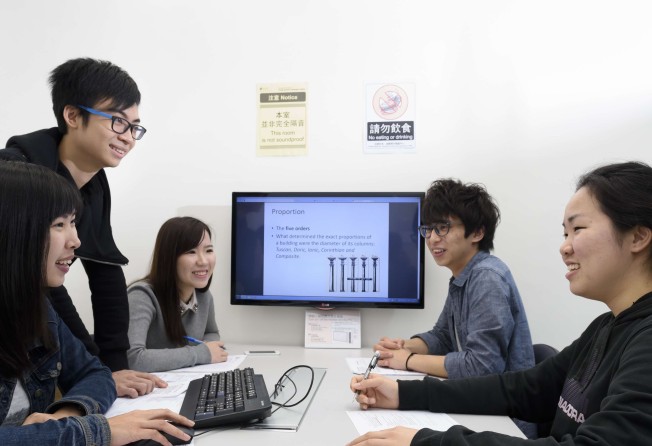More online education start-ups in China expected to close down in 2016 as profits prove elusive
After a flood of venture capital into the sector over the past two years, many online education start-ups are shutting down due to unprofitable business models

This year is likely to see more forced closures of online education start-ups in China because of difficulties in maintaining profitability while newcomers face funding challenges amid a slowdown in the Chinese venture capital industry, market watchers say.
Ronald Wan, chief executive at Partners Capital International in Hong Kong, said most Chinese online education start-ups currently fail in their efforts to develop a sustainable, profit-earning business model.
“The online education market is promising and the ideas are always fantastic, but how to transfer the ideas into a profitable business is difficult for entrepreneurs,” said Wan.
A report from China’s Internet Education Research Institute shows that only 5 per cent of mainland online education firms earned a profit in 2015. Nonetheless, the online education market in China, the No 2 economy in the world, is expanding rapidly, having reached sales of nearly 119.2 billion yuan (HK$141 billion) in 2015 and is forecast to grow to 204.6 billion yuan by 2018, according to iResearch data.
The promising outlook saw China’s online education market become the red hot favourite of venture capital in 2015. Start-ups rushed to the capital market last year, with at least 19 out of 90 raising rounds of more than US$20 million and a handful raising upwards of US$100 million.
However, despite the adequate funding support over the last two years, many online education start-ups have run out of money and were forced to close their business due to unprofitable business models. More than 30 out of 110 well-known Chinese online education start-ups including Tizi.com, nahao.com and fenbi.com, all shut down after running out of the money raised over the last two years.
Wang Qing, an analyst at Yuanta Securities, said some venture capitalists are not willing to further invest in these online education projects when they cannot expect high and quick investment returns.
The report from China’s Internet Education Research Institute suggests education is a relatively slow-to-develop industry, requiring both patience and a large up-front investment to develop curricula, implement the relevant technology, and market services to students, teachers and parents.
Most online education companies need to be able to sustain losses for at least three to five years before becoming profitable, the report said. Of course, many won’t be able to attract enough funding to build that kind of safety net, resulting in the high failure rate.
Tong Zhe, chief executive of Beijing-based Wanmen University, an online educational platform, said he has observed that investment into online education has cooled down this year. “A lot of our peers have gone out of business because they failed to raise funds, and venture capitalists are now more picky when it comes to online education projects,” Tong said. “And now we are more cautious and prudent in using our money.”
Tuck Lye Koh, chief executive and founding partner at ShunWei Capital agreed, saying China’s investment pace has slowed down significantly in 2016 compared with last year. “Investors are more rational and are taking more time to think through an investment,” he added.
The slowing pace of investment doesn’t only apply to online educations entrepreneurs but all start-ups on the mainland. Venture-capital investment in China’s technology startups fell 28 per cent to US$1.8 billion in the first quarter from US$2.5 billion a year earlier, according to Hong Kong-based AVCJ Research.

Tong from Wanmen University said the slowdown in China’s venture capital funding is mainly due to the country’s stock market turbulence experienced since last year.
Wan from Partners Capital pointed out that the immature exit rout mechanism for Chinese venture capital is another concerns for investors. “Generally, venture capitalists will get higher returns only if they get out of their investments when the companies conduct initial public offerings,” he said. However, it isn’t easy for Chinese start-ups to list because there are now over 600 companies in the application queue to go public on mainland bourses.
Wang from Yuanta Securities said there will be more mergers and acquisitions, and more failures, in the online education industry. However, Koh, who invested in 51Talk, the largest online English education platform in China, said he will continue to invest in online education projects if the entrepreneurs are following the “right trend”. He added that “paid lessons” were a kind of monetisation model for the online education businesses.